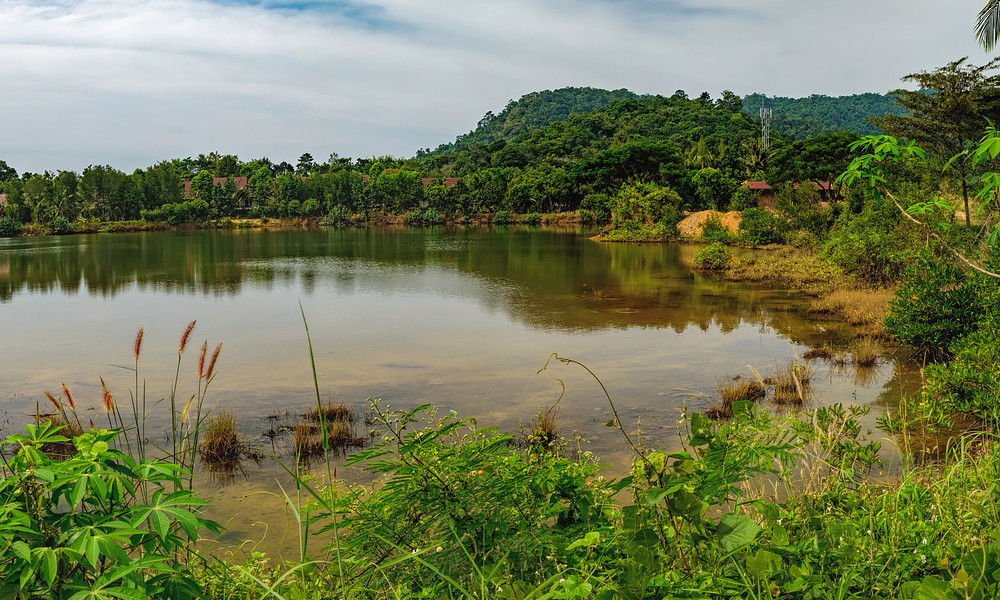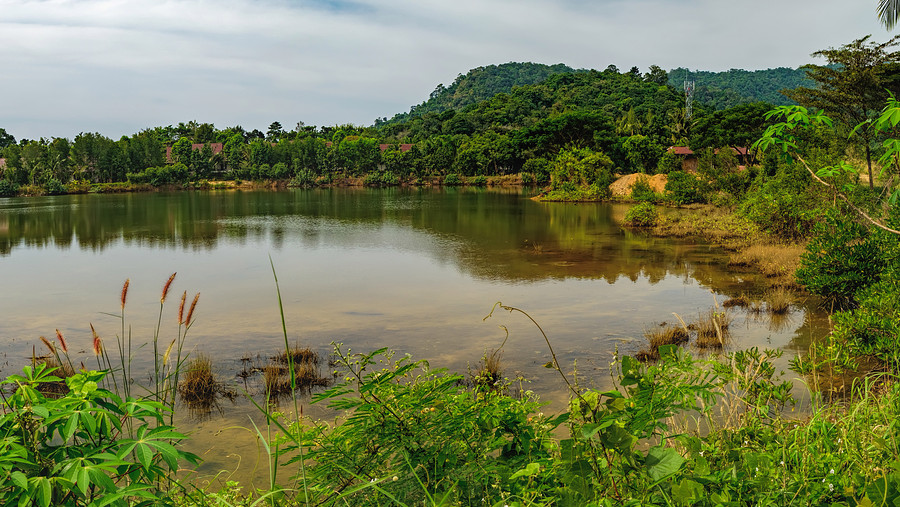Resilience: documentary about black slave owners
- News

"Make a 20-minute documentary or short film," was the assignment of the Medialism Minor. Daphne Caprino, Yaïr Leuwol and Ruben Brouwer left for Suriname on 1 November 2022 and made the impressive documentary Resilience. Third-year student Communication Daphne Caprino explains why her heart beat faster in making this documentary.
'At the beginning of the year you pitch your idea for your film or documentary. We wanted to do something in Suriname. I am half Surinamese and descended from enslaved people,' says Daphne. 'My father had told me about the existence of black slaveholders. I thought it was a strange phenomenon, but I couldn't get it out of my head. When I googled it, I couldn't find anything about it at all. I managed to convince Yaïr and Ruben and we started our research.
Through the chairman of Comité 30 June - 1 July Groningen, the committee from Groningen that pays attention to our slavery past, the ball got rolling. The three students from the School of Communication, Media and IT were soon on a plane to Suriname. 'Even though I am half Surinamese, I had never been there before,' smiles Daphne. 'We rented a house and spent five weeks filming. We came back with a very elaborate and complex story and a huge amount of material.
Besides the historical aspects, the documentary makers wanted to explain the connection Surinamese feel with their ancestors. 'That lives much more strongly in Suriname than in the Netherlands. We also wanted to show how resilient the people are. How they rebound from oppression. There are multiple layers we wanted to explain. It's such a complicated story. There were so many different black, coloured and white slaveholders. A black slaveholder is not necessarily good or bad.'
Daphne, Yaïr and Ruben's message is that history is never black and white. 'You can't really have a judgment or an opinion until you know all sides of history,' Daphne believes. 'It is important to listen carefully to the other side, in this case the underexposed side of history. Open minded, without being directly judgmental. More people should do that. Even when you look at the apologies made by the Dutch government for the slavery past, this is very relevant. We were in Suriname at the time of the apology. Therefore, we got not only the Dutch perspective, but also the Surinamese perspective. It wasn't planned that way, but the timing was very convenient.
March 21 is the International Day Against Racism and Discrimination. The day was established by the United Nations following the Sharpeville massacre in South Africa on 21 March 1960, in which police opened fire on a group of people demonstrating against apartheid.

How satisfied are you with the information on this page?